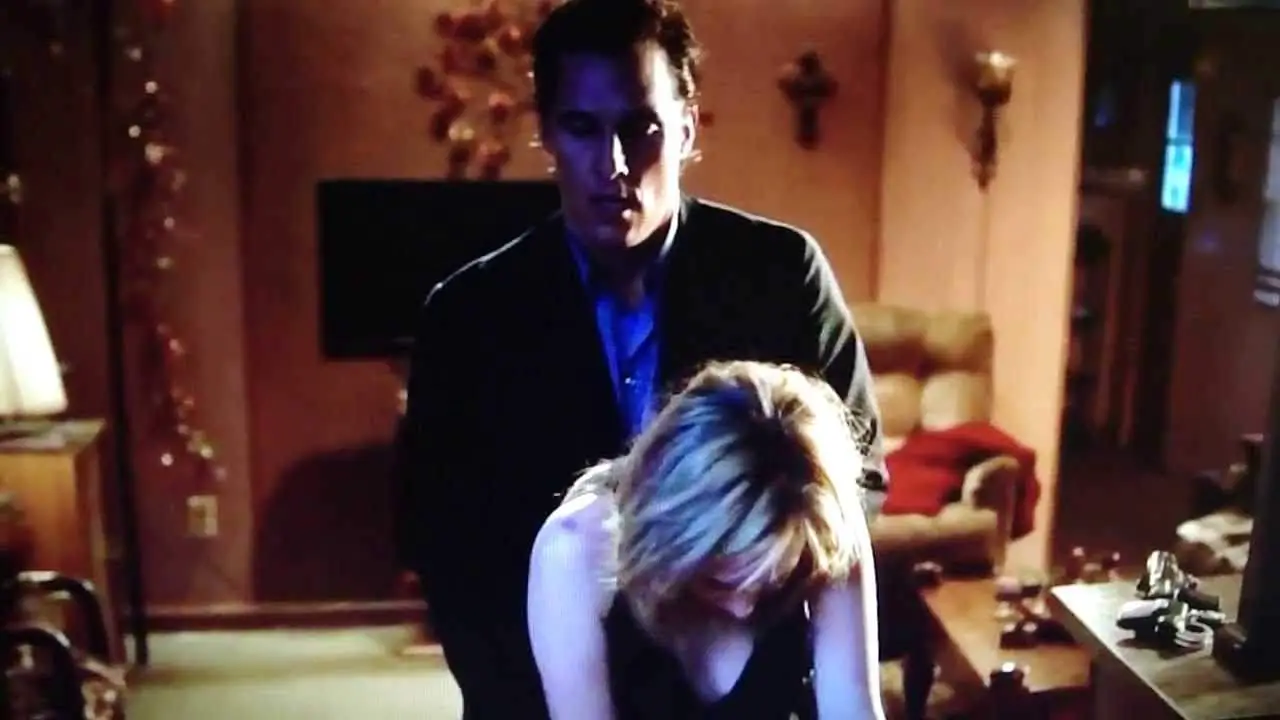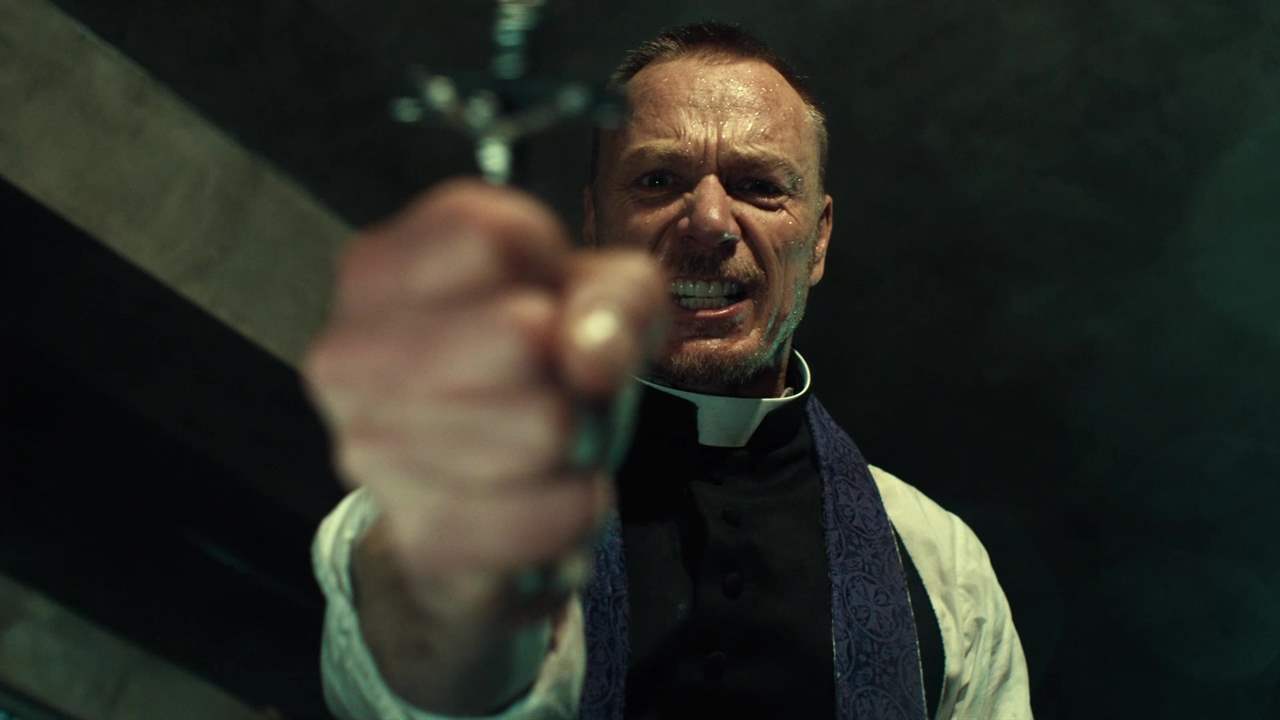William Friedkin was one of the biggest directors of the 1970s. He struck it big in 1971 with the crime thriller The French Connection and had other hits throughout his fifty year career in film. Undoubtedly, horror fans will know him from his 1973 genre-defining film The Exorcist.
Along with the University Press of Mississippi, who also published an excellent book of interviews with horror luminary Wes Craven, Christopher Lane has compiled fifteen interviews with Friedkin, spanning from the height of his success in 1974 all the way until the release of his latest film, The Devil and Father Amorth, which Friedkin was promoting in 2018.
In his introduction, Lane writes “I have made my best attempt to eliminate blatant reiterations and retellings so that the reader of this book can, without a doubt, gain valuable insight to the thoughts and process of one of cinema’s true masters” (xiv). Lane is successful in getting rid of much of that repetition, while the book succeeds in giving a clear view into Friedkin’s mind.
When there is repetition, it’s centered around what Friedkin views as the theme of all his work: “the most important theme in my films is the thin line between good and evil. The fact that, very often, there are equal parts of both in all characters, which is what I encounter in life. I don’t know anyone who is all good, or all evil” (102).
Friedkin shows good and bad elements of himself in this book as he delves into controversy after controversy. He talks about firing a gun on set to “help” actors show surprise, driving 90 miles an hour through New York City without crowd or traffic control, the gay community’s reactions to his film Cruising when it was filmed versus today, his views on Woody Allen, and why he thinks women aren’t directing more films. Many of his stances on the latter controversies will frustrate you, but when it comes to getting a clear view of Friedkin, it wouldn’t be complete without the warts.
RELATED: Shudder’s Cursed Films Deftly Explores Bewitched Cinema [Review]
Frequently, Friedkin talks about his process. When directing, he reveals that, “I will rehearse extensively with actors on a scene, and then I’ll say, ‘Do you remember all that stuff? Okay, now throw it all out, and do it your way!’ Then we start messing around with. Around 98 percent of all the dialogue in the last picture [The Exorcist] was the actors’ invention” (16) and that, “”I try to cast people based on one inherent quality: intelligence… the ability to understand what the story’s about on very deep levels” (15). Both of these insights will give young filmmakers a better understanding of how they can approach their material, and give fans an inside view of how the films they love were made.
What could be dry is less so because of Friedkin’s irreverent sense of humor. He cracks jokes throughout, mostly turning his wit on himself. For example, at one point he says, “I think it [Good Times] was seen by eleven people in Topanga Canyon” (4).
This book is must read for fans of The Exorcist, but also Friedkin’s other films, especially Sorcerer, Cruising, and The French Connection which come up again and again. William Friedkin: Interviews is a fascinating look into the way this brilliant filmmaker thinks.
William Friedkin: Interviews edited by Christopher Lane is available now.
Wicked Rating – 8/10
Follow us on social media! Twitter, Facebook, Instagram, and Youtube.




